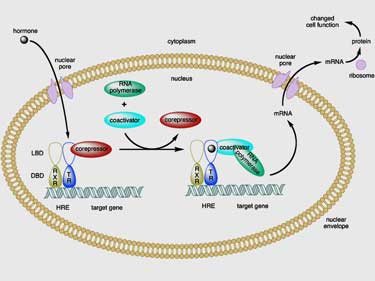I was wondering why I feel better in the evening. Reason I wonder??
I believe the elephant here is hiding in plain sight: non restorative sleep.
Countless ME/CFS patients report they have non restorative sleep. That means that they feel more tired in the morning then at the time they went to bed. Now let us for a moment suppose that this is an actual correct observation, that they are in the facts more fatigued and have less reserves in the morning then before they went to bed.
What do we have then? Well, each day people need to recover, restore and regenerate to compensate for the "cost" of their activities (and the maintenance and repair of their bodies) and be at roughly the same energy levels the same time of each day if days were equal.
Suppose a healthy person is at 100% of his peak capacities and reserves in the morning and that doing activities during the day slowly reduce his capacities and reserves to 60% of that morning peak by the time that person goes to bed again. Then, restorative sleep tops that up again over night to 100%.
Now suppose a person with ME/CFS in the facts loses capacities and reserves during sleep. Let us take an example where the ill person has a capacity of 50% of that of the peak capacity of the healthy person at the moment he goes to sleep. Then, over night and during sleep he loses more capacity and reserves and drops to 30% of the peak capacity of a healthy person by morning.
Here comes the elephant hiding in plain sight:
Under this hypothesis, the healthy person has recovered enough during the day to be al topped up in the morning and has "40% of margin" to spend on activities during the day.
The person with ME/CFS however is at his weakest in the morning. He first needs to top up on reserves and energy before being able to do anything useful at all. He needs to slowly rebuild his reserves and capacity starting from the moment he awakes and he has to do such at a moment that is ill fitted to recover: the day. He first sort of needs to "pay off the debt created during the night".
Suppose he needs to rebuild his reserves to his peak, 60% of the capacity of what a healthy person has and reach it late afternoon or early evening. From the late evening till bed time, further activities have it decline to 50% again before going to sleep. Late evening is one of the few moments he has "free energy" to spend.
=> Now whereas the healthy person has "40% excess or reserves to freely spend on activities during the day", our ME patients body has to work during all morning and early afternoon to recover and restore a 30% deficit! See the huge disparity?
This idea seems both very logical and very outrageous at the same time. One can't possibly recover during the day can one? So this can't be correct to start with? Well, a healthy person running a marathon in the morning can and will (need to) recover by resting a lot and doing very few in the afternoon. That will help him to be topped up a bit again by the evening of the same day. The next day, the additional recovery of the night will have made him extra refreshed by next morning.
=> So, recovering during the day is a perfectly possible thing. It automatically happens when someone is very tired and needs to rest. It goes hand in hand with feeling depleted, fatigued or exhausted and having a huge desire to rest and very few desire to do anything at all when one has to recover during the day.
Then there remains the question "can it be possible to actually have reduced reserves in the morning compared to the evening, isn't that just a feeling and a way of saying how one feels?"
Well, let us just give one example of what could make that happen. Suppose our patient has severe apnea. Then, breathing falters and gets very bad during sleep and the patient and his brain suffer from a fairly harsh shortage of oxygen during much of the night. A severe lack of oxygen during the night, that should be enough to worsen the condition of the patient during the night shouldn't it? During the day, that pattern can be broken by the apnea being broken and the patient somehow being able to breathe less bad.
There are many other options possibly making sleep non restorative / anti-restorative. Trying to not sleep at all doesn't solve the problem as sleep still has some essential components we vitally need even if the total effect of our sleep is non restorative. I hope I managed to explain the idea well enough. If not, ask questions for clarification.
















